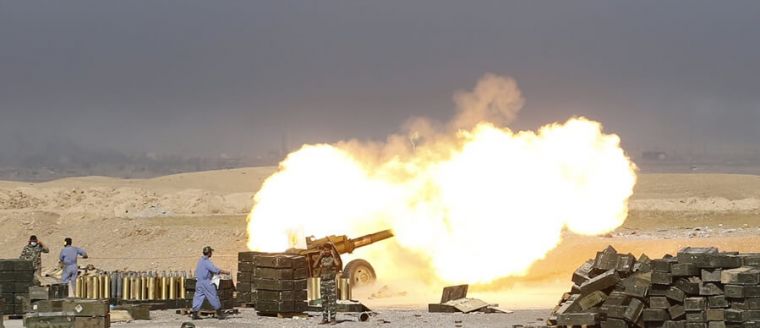20,000 ISIS fighters slain since July, but new recruits keep coming — US official

At least 20,000 Islamic State fighters have been killed by allied airstrikes since July this year, according to a senior US military officer.
The latest figure indicates an increase of 5,000 from the 15,000 which the Pentagon reported four months ago, USA Today said, citing US military officials whose names were withheld as they were not authorised to speak publicly.
"Airstrikes from the American-led campaign, which began in August 2014, have rattled the militants from the Islamic State,'' said the report.
"Intercepted communications show [ISIS] militants to be fearful of the allied air attacks, which have forced them to change their tactics."
But despite lethal air attacks against the jihadists group and the overwhelming percentage of ISIS deaths, military analysts say the group continues to attract new recruits to replace their fallen warriors.
"It is quite a large number and helps explain why the geographic space that [ISIS] controls hasn't grown much," Michael O'Hanlon, a military analyst at the Brookings Institution said.
"However, it also hasn't shrunk much. [ISIS] continues to attract followers from all over the world — apparently more this year than ever before," he added.
ISIS recruiting offsets 15,000 killed by airstrikes in the past year, said an intelligence official. "The overall force of [ISIS] fighters remains the same. They don't show any sign of running out of people.''
A year ago, the CIA said it believed the ISIS had between 20,000 and 31,500 fighters in Iraq and Syria. The estimates remains the same this year, said an earlier report of the USA Today.
ISIS reportedly continues to hold major Iraqi cities despite the more than 7,300 airstrikes and more than $4-billion spent on operations and training local forces.
"It continues to hold Mosul, Ramadi and many other places despite our hopes that some of those conquests could have been reversed right now," O'Hanlon said. "On balance, from my distant perspective at least, I'd have to call the war stalemated — in both Iraq and Syria — at present."











